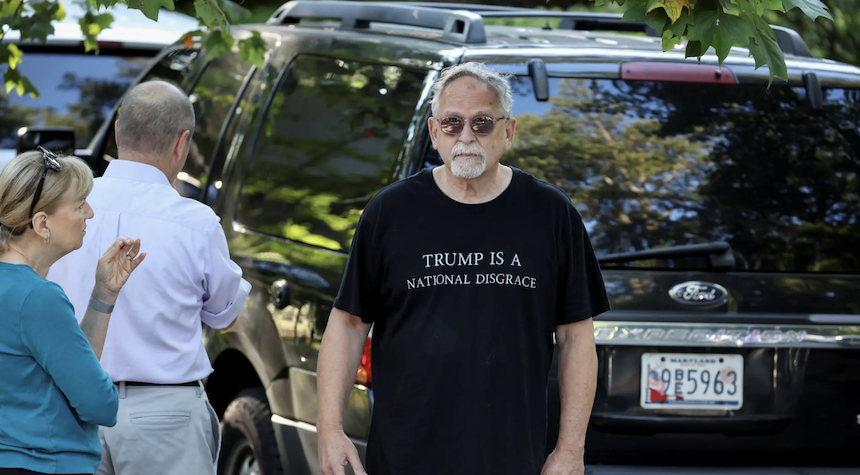Former national security adviser John Bolton’s home was subject to an early morning raid by the Federal Bureau of Investigation (FBI) this past Friday. This raid is part of a broader national security investigation.
The focus of the investigation lies in the management of classified documents and national security secrets. The raid was sanctioned by FBI Director Kash Patel and commenced at around 7 a.m. Eastern Time at Bolton’s residence located in Bethesda, Maryland.
Patel, in a 2023 publication, mentioned Bolton as part of the “Executive Branch Deep State.” Adding to this, Attorney General Pam Bondi and FBI Deputy Director Dan Bongino shared Patel’s sentiments, emphasizing that no one is above the law, and public corruption will not be tolerated.
The search extended to Bolton’s Washington office, a significant step by the Justice Department against a perceived foe of the current administration. It has been reported that no charges have been filed against Bolton at this time, and he was not detained.

The Trump administration has been probing the activities of its critics, including initiating a grand jury investigation into the origins of the Trump-Russia probe.
On one hand, Bolton, during an interview with ABC earlier this month, voiced his concerns about the Trump administration’s actions against him. On the other hand, the Trump administration has been vocal about Bolton’s alleged mishandling of classified information, particularly related to a book he authored.
Additional layers to this narrative come from Bolton’s historical trajectory. Having served as Trump’s third national security adviser, Bolton’s tenure was marked by clashes over Iran, Afghanistan, and North Korea. The Justice Department had previously launched a lawsuit and a grand jury investigation concerning Bolton’s book, both of which were dropped in 2021.
These recent events occurred within a context where the Trump administration revoked the security clearances of several former intelligence officials, including Bolton. This raises important questions about the balance between national security and political retaliation.
According to Bolton’s legal team, the controversial book was published after assurances from a White House National Security Council official that it no longer contained classified information. However, the book, critical of Trump’s foreign policy knowledge, sparked significant backlash from the president.
As we consider the future developments in this matter, let’s not overlook Bolton’s service as U.S. ambassador to the United Nations under President George W. Bush and his tenure in President Ronald Reagan’s administration. The facts, as we now know them, suggest a complex network of political, legal, and personal dynamics at play.
In conclusion, questions remain unanswered as this investigation unfolds. We must remember that the public’s right to information is the cornerstone of our democratic institutions. And as always we will be here to report any developments as new information comes out.

